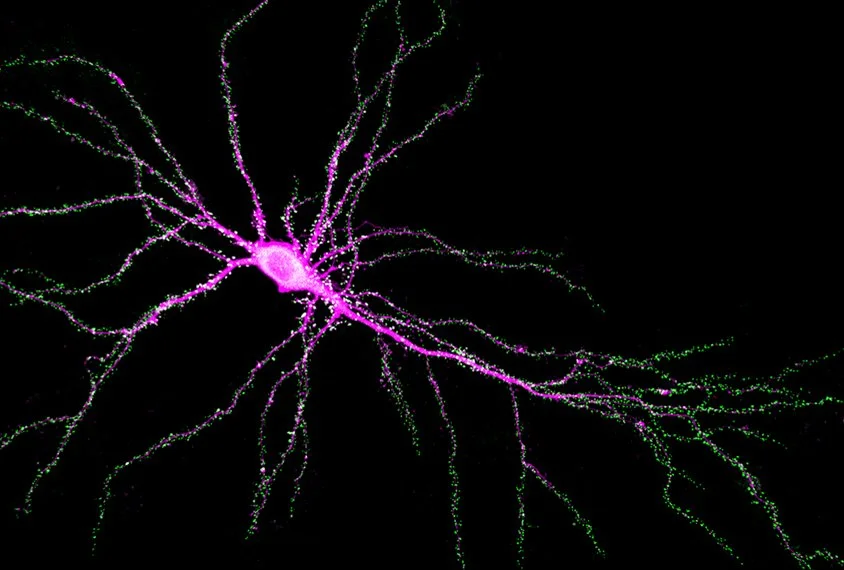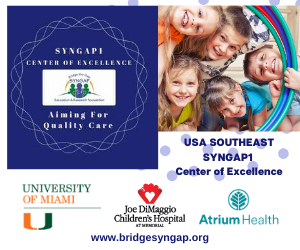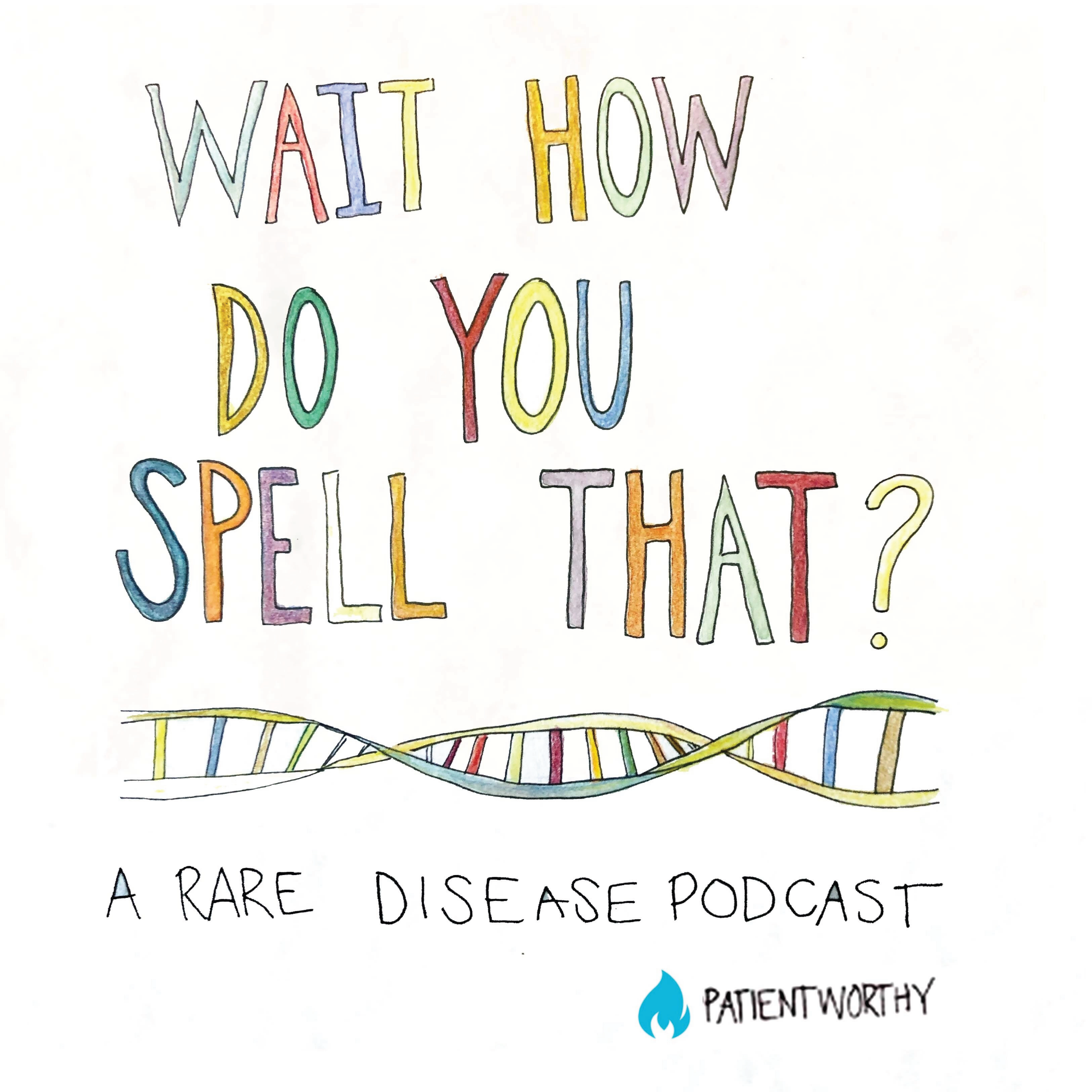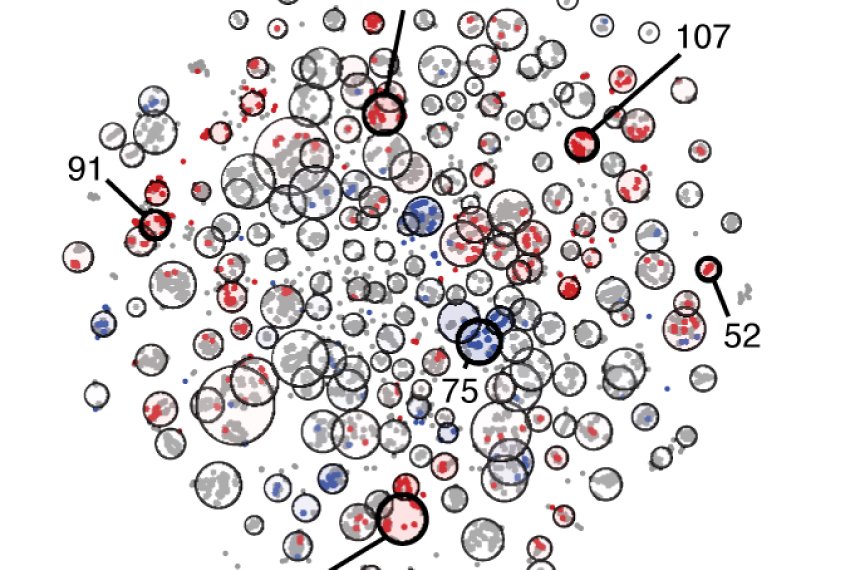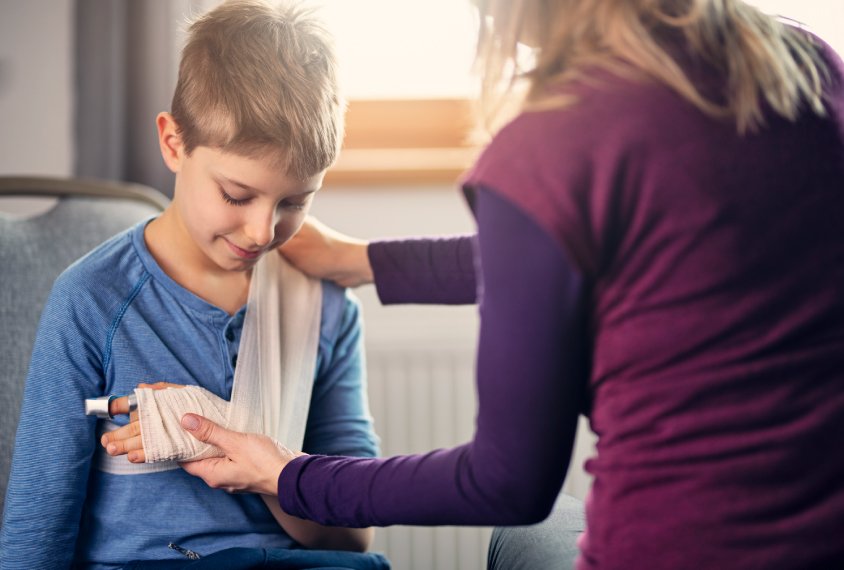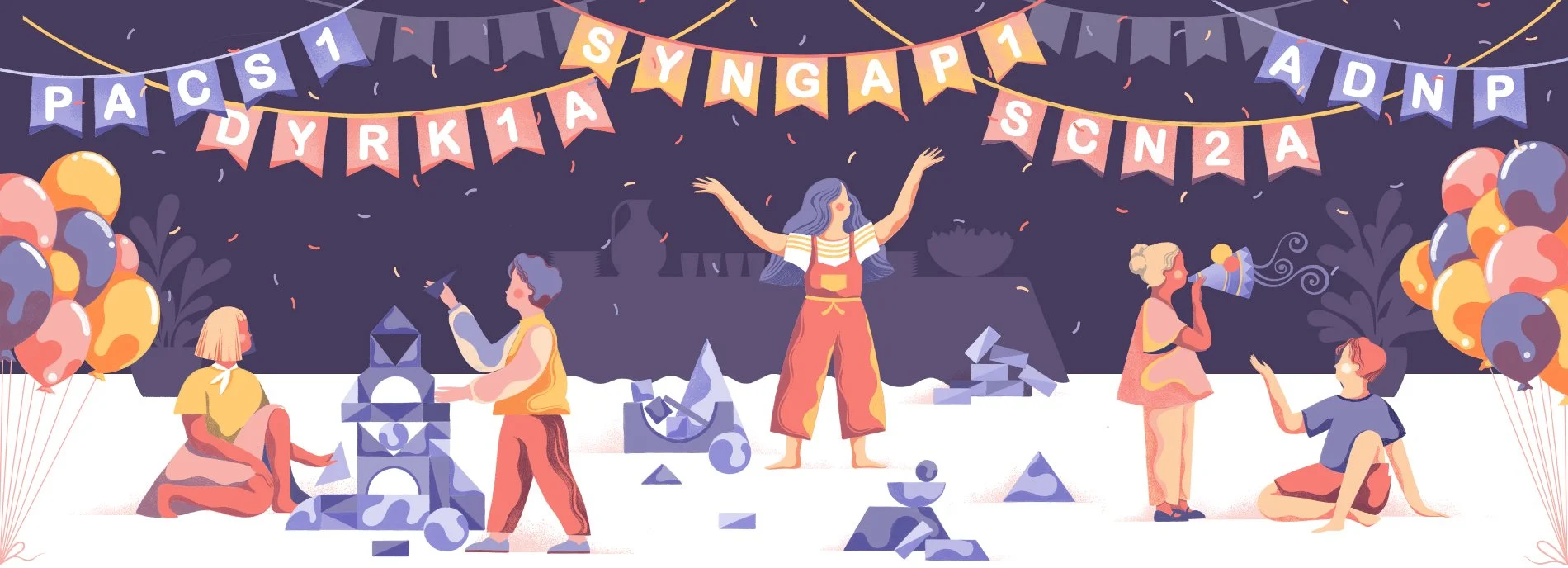Brief Report: Sensory processing phenotypes in Phelan-McDermid Syndrome and SYNGAP1-related Intellectual Disability
Sensory processing differences are an established feature of both syndromic and non-syndromic Autism Spectrum Disorders (ASD). Significant work has been done to characterize and classify specific sensory profiles in non-syndromic Autism.
Reactions from the 2020 SYNGAP1 Scientific Conference
Spectrum is covering the 2020 International SYNGAP1 Scientific Conference, which took place virtually because of the coronavirus pandemic. Here we’re highlighting researchers’ reactions to noteworthy presentations.
When your son has the sixth SYNGAP-1 diagnosis in the world- Ft. Monica Weldon from Bridge the Gap
During rare disease week, we had the chance to talk to Monica Weldon, whose son was the sixth person diagnosed with SYNGAP-1, a gene mutation linked to autism. She tells us about her journey from working as a school teacher to becoming the CEO and founder of Bridge the Gap, the first SYNGAP-1 advocacy organization in the world.
Analysis of Sequences Pegs 102 Top Autism Genes
The number of top autism genes has risen from 65 to 102, based on an analysis of more than 35,000 sequences. And researchers are seeing the first hints of autism risk variants in the regions between genes.
Bridge the Gap - SYNGAP Education and Research Foundation Hosts the First SYNGAP1 FDA Patient-Focused Drug Development Meeting
Bridge the Gap - SYNGAP Education and Research Foundation announced they will host the first SYNGAP1 Patient-Focused Drug Development Meeting - SYNGAP1: Patient Voices.
Patient Driven: Neuroscientists Solve the Puzzle of the Gene-Protein Duo Behind SYNGAP1
It’s estimated that one percent of all intellectual disability not explained by a known syndrome is caused by these mutations.
Family groups, researchers join forces to solve mysteries of autism gene
Diagnosed at the age of 4 with a mutation in the SYNGAP1 gene, Beckett's journey reflects the evolving understanding of the gene's role in autism, intellectual disability, and epilepsy, highlighting the challenges and resilience of families navigating rare genetic conditions.
How Families Are Driving The Study Of Autism Genes
Parents of children with rare autism-linked mutations are banding together for support and to join forces with scientists, accelerating the pace of research.


